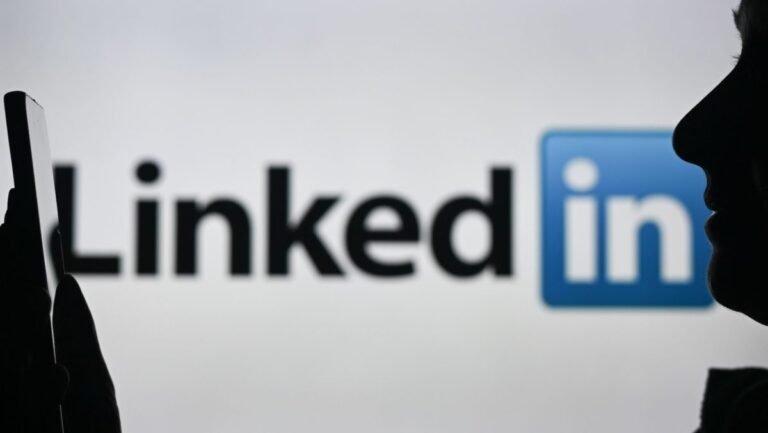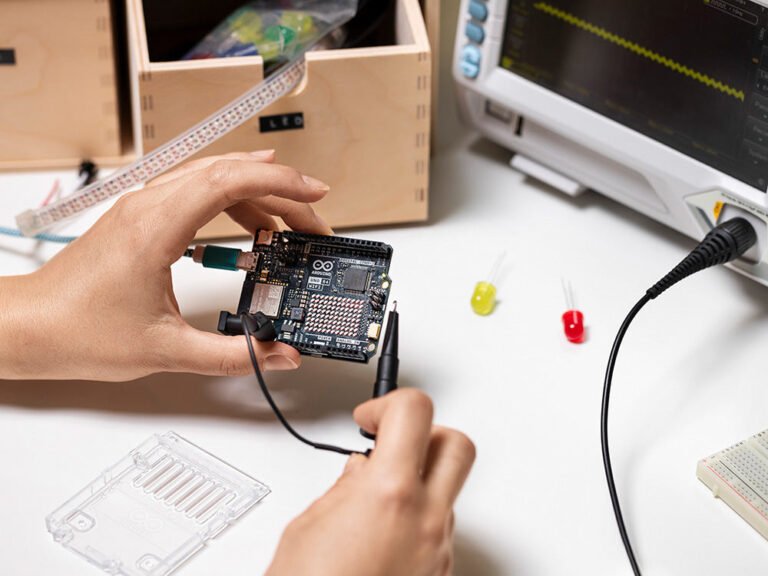
New York’s state legislature has passed a bill that would prohibit social media companies from showing so-called “addictive feeds” to children under 18, unless they obtain parental consent.
The Stop Addictive Feeds Exploitation (SAFE) for Kids Act defines an addictive feed as one where the content is recommended or prioritized based on information about the user or the user’s device — basically, these are the algorithmic news feeds used by most social apps.
“Non-addictive feeds,” a category that includes “feeds listed in chronological order,” would still be allowed.
“New York is leading the nation to protect our kids from addictive social media feeds and shield their personal data from predatory companies,” Governor Hochul said.
It would also prohibit platforms from sending notifications related to these feeds between the ages of midnight and 6am without parental consent.

LinkedIn has confirmed it will no longer allow advertisers to target users based on data gleaned from their participation in LinkedIn Groups.
In response to the complaint it received in February, the EC wrote to LinkedIn to request further information on how it might be enabling targeted ads based on sensitive personal data such as race, political allegiances, or sexual orientation.
While LinkedIn maintained that it complied with the DSA, the company has now removed the ability for advertisers to “create an advertising audience” in Europe using LinkedIn Group membership data.
“We made this change to prevent any misconception that ads to European members could be indirectly targeted based on special categories of data or related profiling categories,” Corrigan wrote on LinkedIn today.
LinkedIn will still allow targeted advertising, just not using data garnered from LinkedIn groups.

If you haven’t been seeing much political content on Instagram lately, there’s a reason for that.
Since March, Instagram and Threads have instituted a new default setting that limits political content you see from people you’re not following.
Hundreds of creators, convened by GLAAD and Accountable Tech, have signed an open letter demanding that Instagram make the political content limit an opt-in feature, rather than on by default.
Instagram’s definition of political content leaves a lot of room for interpretation, which stokes further concern among these creators.
“Removing political recommendations as a default setting, and consequently stopping people from seeing suggested political content poses a serious threat to political engagement, education, and activism,” the letter says.

Waze is adding a few new features that will help users navigate tricky roundabouts, get alerts when a speed limit is about to change and get warnings about speed bumps and sharp curves.
The new feature is rolling out globally to Android users this month and iOS users later this year.
Users will start to see alerts when a speed limit is about change along their route, giving them more time to adjust their speed.
This update is rolling out globally to all Android and iOS users this month.
These alerts are rolling out now globally to all Android and iOS users this month.

Arduino is considering manufacturing in India.
Violante considers fake Arduino boards the key reason for this discrepancy.
Therefore, by starting local manufacturing, Arduino would sell its boards in India at reduced prices — in line with those of its Chinese counterparts.
However, most of it results from the growth of local mobile phone manufacturing.
Arduino is currently considering both large international EMS companies and smaller local players in India, which specialize in producing electronic boards or development boards, Violante told TechCrunch.

Twitter users everywhere are being blocked from tweeting for no apparent reason. The only way to unblock oneself is by using a VPN, which many people are choosing to do…









